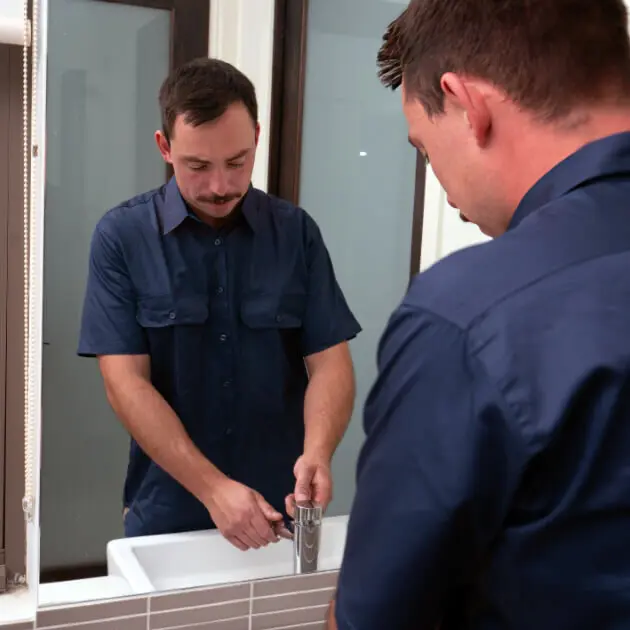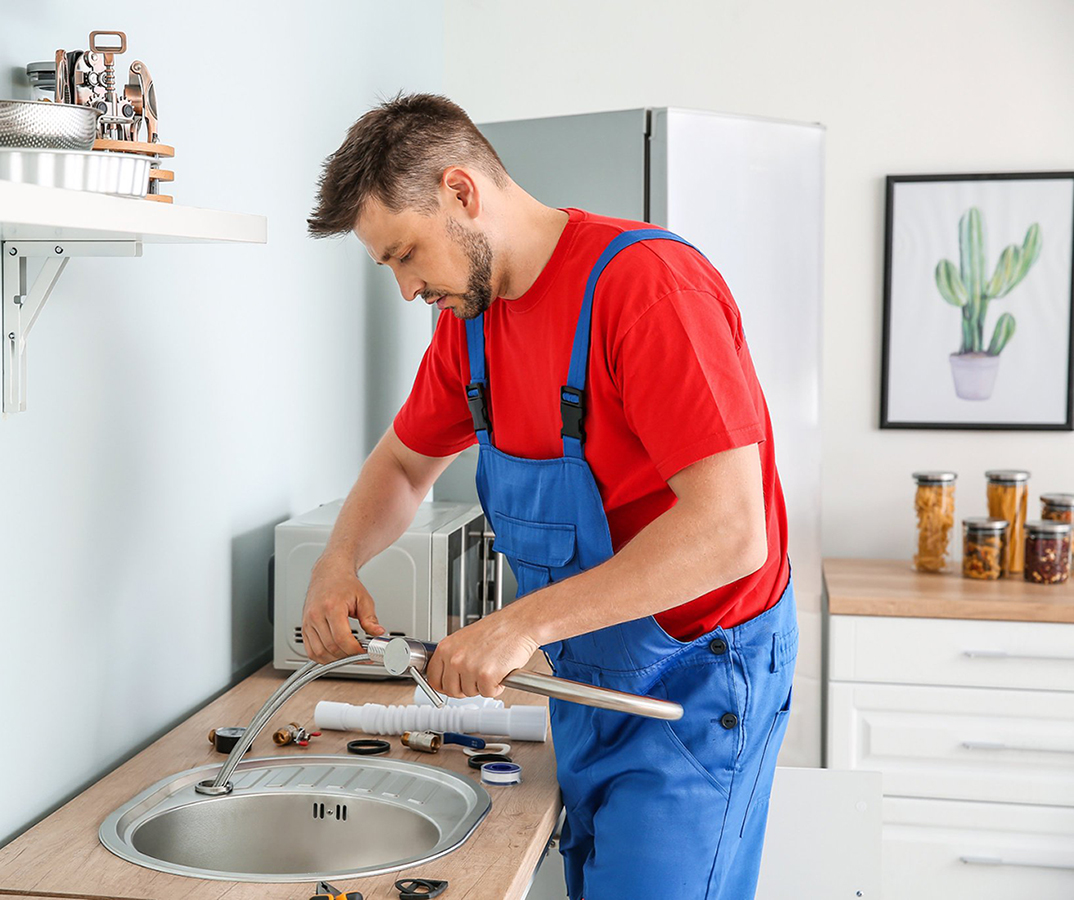The Basics of Bathroom Plumbing: Key Guidelines for New Homeowners
The Basics of Bathroom Plumbing: Key Guidelines for New Homeowners
Blog Article
How do you really feel when it comes to 11 Must-Read Tips for Plumbing a New House?

For new home owners, understanding and preserving washroom pipes can save both money and time by preventing expensive concerns down the line. Below are some important bathroom plumbing suggestions to aid you keep every little thing running efficiently.
Plan For Winter
Secure your pipes from cold during winter by shielding pipelines in unheated areas like basements, attic rooms, and garages. Throughout severe chilly, allow cold water drip from faucets offered by exposed pipes to assist stop freezing.
Arrange Regular Upkeep
Consider organizing annual examinations with a licensed plumbing. They can find problems that you could miss, such as covert leaks or wear and tear on pipelines and components. Normal maintenance assists expand the life of your pipes system and can avoid emergencies.
Familiarize Yourself with the Main Shut-Off Valve
Knowing where the major water shut-off valve lies in your home is critical. This permits you to promptly shut off the water supply in case of significant leakages or during plumbing emergencies, preventing comprehensive water damages.
Consistently Inspect for Leakages
Tiny leakages can result in big troubles. On a regular basis inspect under sinks, around bathrooms, and near plumbing components for any kind of signs of leakages. Seek moisture, small drips, or rust. Catching and repairing leakages early can prevent a lot more major damages and save water.
Preserve Your Hot Water Heater
Guarantee your water heater is readied to an ideal temperature level (normally around 120 degrees Fahrenheit) to avoid scalding and minimize energy usage. Flush the tank each year to eliminate debris buildup, which can minimize the efficiency and life-span of your heating system.
Update Your Components
If your home has older components, take into consideration upgrading to more reliable models. Modern bathrooms, showerheads, and taps are created to utilize less water while providing great pressure, which can dramatically decrease your water bill and environmental footprint.
Beware with DIY Pipes Fixes
While it's alluring to deal with all home fixings by yourself, beware with plumbing. Some issues may need specialist expertise, specifically if they entail main water lines or drain repair services. Working with an expert can occasionally be more affordable than DIY, particularly if it prevents further damages.
Do Not Neglect Slow Drains Pipes
If your sink or tub is draining pipes slowly, it's frequently a sign of an obstruction developing. Resolving this very early can avoid a complete obstruction. Make use of a plunger or a plumbing technician's snake to remove debris. Prevent utilizing chemical drain cleansers as they can harm your pipes gradually.
Know What Not to Flush
Commodes are not garbage disposals. Prevent purging anything other than bathroom tissue and human waste. Products like wipes, womanly health products, and cotton bud ought to be gotten rid of in the trash to prevent blockages and sewage system backups.
Mount Strainers in Drains
Area filters in your sink and bath tub drains pipes to capture hair and various other particles prior to they enter your pipes system. Cleaning the filters routinely will help stop build-up and maintain water flowing freely.
Conclusion
Recognizing and preserving your home's shower room plumbing can protect against lots of usual concerns. By adhering to these vital pointers, you can ensure your restroom stays functional and effective, conserving you money and time in the long run.
Essential Plumbing Tips for Homeowners: Keep Your Pipes Flowing Smoothly
As a homeowner, understanding the basics of your plumbing system can save you time, money, and a lot of headaches. Plumbing issues can range from minor annoyances like dripping faucets to major problems like burst pipes that cause significant damage. This guide provides essential tips to help you maintain your plumbing system and tackle common issues.
Understanding Your Plumbing System
Supply System: Brings fresh water into your home from a municipal source or a well. Drain-Waste-Vent System: Removes wastewater and vents sewer gases outside. Fixtures and Appliances: Includes sinks, toilets, showers, dishwashers, and washing machines. Basic Maintenance Tips
Regular Inspections: Periodically check for leaks, corrosion, and other signs of wear and tear. Look under sinks, around toilets, and near water heaters. Know Your Main Shut-Off Valve: In case of a major leak, you’ll need to shut off the water quickly. Ensure everyone in your household knows where the main shut-off valve is located. Prevent Frozen Pipes: In cold climates, insulate exposed pipes and let faucets drip during extreme cold to prevent freezing. Use Strainers: Install strainers in sinks and tubs to catch hair, food particles, and other debris that can cause clogs. Common Plumbing Issues and Solutions
Clogged Drains:
Prevention: Avoid pouring grease down the drain and use drain screens to catch debris. DIY Fix: Use a plunger or a plumbing snake to clear minor clogs. For stubborn clogs, a mixture of baking soda and vinegar can sometimes help. Leaky Faucets:
Prevention: Replace washers and seals regularly. DIY Fix: Turn off the water supply, disassemble the faucet, and replace worn parts.

Call Today Report this page